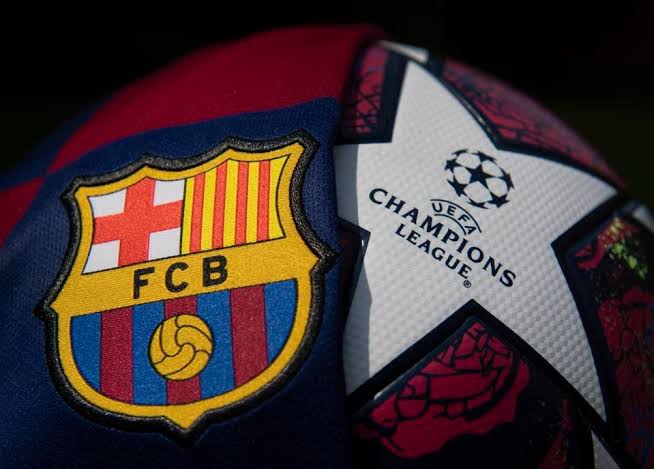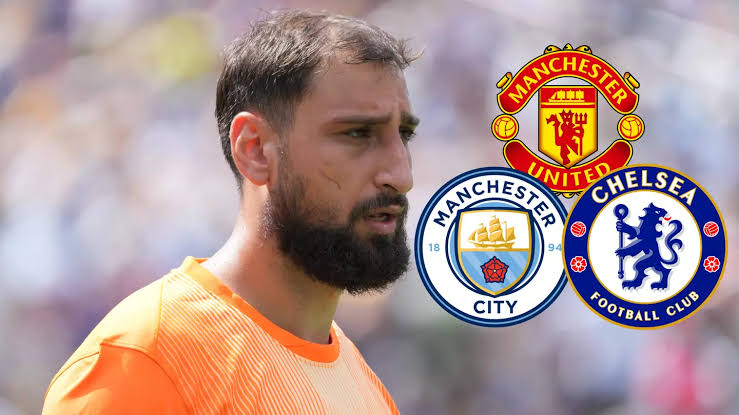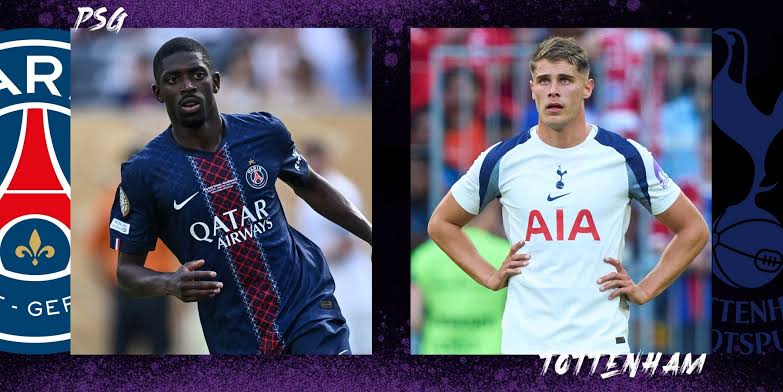
UEFA could ban Barcelona from the Champions League
The football world is on high alert as UEFA considers a dramatic sanction: banning FC Barcelona from the UEFA Champions League.
- Liverpool set for transfer windfall as Saudi team enter final step to complete deal
- Neymar snubs Lionel Messi when naming the true ‘king’ of football & it could be controversial
- Hansi Flick has made his feelings clear on Rashford as Man Utd star drops huge Barcelona transfer hint
Barcelona has long walked a financial tightrope, making headlines with creative revenue-generating strategies—from activating “economic levers” to selling off media rights and internal departments to meet spending limits.
However, UEFA has reportedly classified some of these sales as “profits from intangible assets” rather than sustainable revenue, a ruling that has pushed the club further out of compliance for a second consecutive year.
Under FFP regulations, repeat offenses bring heightened scrutiny and harsher consequences.
Top Stories:
- Neymar snubs Lionel Messi when naming the true…
- Liverpool set for transfer windfall as Saudi team…
- Hansi Flick has made his feelings clear on Rashford…
- Lionel Messi named his 10 favourite teammates in his career
- Man Utd 'contact Chelsea star' as Bryan Mbeumo…
- Barcelona face points deduction with Chelsea & Aston…
Barcelona narrowly avoided sanctions last year by paying a fine, but being a repeat offender could now lead to more significant repercussions, such as a reduced squad size or even a competition ban—namely, exclusion from Europe’s most prestigious tournament.
Should UEFA enforce a Champions League ban, the implications would be vast.
On a sporting level, it would be a blow to a team that prides itself on European pedigree and has ambitions under new manager Hansi Flick.
Financially, the absence of Champions League revenue—broadcast rights, sponsorships, and matchday income—could intensify the very crisis the club is trying to escape.
Meanwhile, Chelsea and Aston Villa have also come under scrutiny but are expected to face lighter sanctions as first-time offenders.
For Barcelona, however, this development could mark a major turning point—not just for their future, but for how UEFA handles financial compliance across the board.
The coming weeks will be pivotal. Will Barcelona face the music, or will they find another narrow escape route? Either way, UEFA’s final decision could redefine the financial accountability of Europe’s elite.



